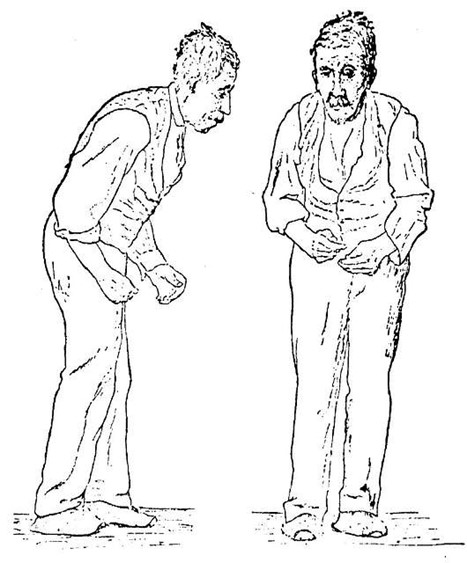Ageless Insights: How Reducing Calories Impacts the Aging Process
Aging is an inevitable part of life, and it’s a process that has intrigued scientists and researchers for centuries. While we can’t stop the clock, there is growing evidence to suggest that we might be able to slow it down. One intriguing avenue of research into the biology of aging is the impact of caloric restriction. Recent studies have shed new light on the profound effects of curbing calories on the aging process, showing that what we eat and how much we consume can significantly influence the rate at which we age.
The Science of Aging
Before diving into the remarkable findings of recent studies, it’s crucial to understand the basics of aging at the cellular level. The aging process is complex, involving a multitude of genetic, epigenetic, and environmental factors. One theory that has gained substantial attention is the “Free Radical Theory of Aging.” According to this theory, the accumulation of free radicals, or reactive oxygen species, damages our cells and DNA, leading to aging and age-related diseases. These free radicals are produced during metabolic processes, especially those involving the consumption of calories.
The Curious Case of Caloric Restriction
Caloric restriction (CR), also known as dietary restriction, is a dietary regimen that involves a significant reduction in calorie intake while maintaining essential nutrients. It has been studied for decades in various organisms, from yeast to primates. In recent years, the focus has shifted towards understanding how CR affects human aging.
Here are some compelling findings from recent studies that underscore the importance of caloric restriction in the biology of aging:
- Increased Longevity: Numerous studies in animals have shown that reducing calorie intake can extend lifespan. While the exact mechanisms are still under investigation, it’s believed that CR may reduce the production of free radicals, leading to less cellular damage and slower aging.
- Metabolic Benefits: Caloric restriction has been shown to improve insulin sensitivity and reduce the risk of developing age-related metabolic diseases such as type 2 diabetes. This suggests that CR not only impacts longevity but also overall health in old age.
- Cellular Autophagy: Caloric restriction has been linked to the activation of autophagy, a process in which cells remove damaged components and recycle them. This plays a crucial role in maintaining cellular health and may contribute to the anti-aging effects of CR.
- Reduced Inflammation: Chronic inflammation is a common feature of aging and age-related diseases. CR has been found to reduce the levels of inflammatory markers in the body, potentially slowing down the aging process.
- Cognitive Benefits: Some studies have indicated that caloric restriction may also protect against age-related cognitive decline and neurodegenerative diseases like Alzheimer’s.
The Human Perspective
While much of the research on caloric restriction has been conducted in animals, there is growing interest in its potential benefits for humans. In fact, ongoing studies are investigating the effects of CR on human aging and health. These studies aim to determine the feasibility and safety of long-term caloric restriction in humans and whether it can produce the same remarkable outcomes seen in animal models.
It’s important to note that caloric restriction is not the same as extreme dieting or malnutrition. The goal is to reduce calorie intake while maintaining proper nutrition to ensure overall health. Anyone considering caloric restriction should consult with a healthcare professional or nutritionist to create a safe and balanced plan.
Click here to see the full scientific article from National Institute on Aging.
As we await more conclusive results from human studies, one thing is clear: a balanced and nutritious diet, combined with mindful caloric intake, plays a crucial role in the journey towards healthier aging. So, the next time you’re faced with a tempting meal, remember that curbing calories might not just help you shed a few pounds; it could be a key factor in slowing down the aging clock.
Elevate your experience even further by incorporating carefully curated supplements from the renowned Asher Longevity Institute, igniting a holistic approach to optimize your body’s vitality and well-being.




